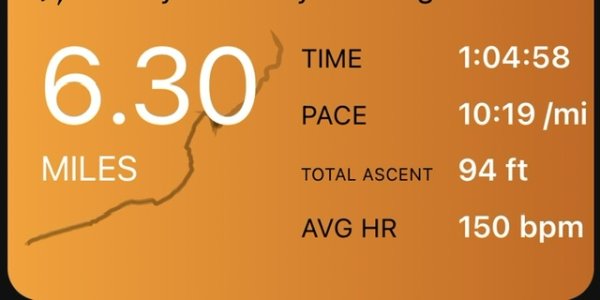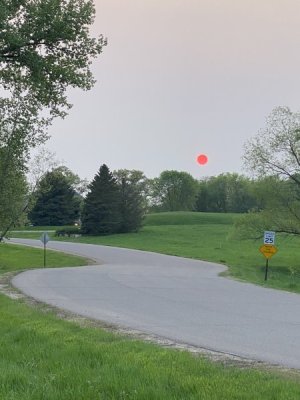Mr_Incr3dible
50 miles at 55!
- Joined
- Jul 27, 2021
I have a treadmill and seldom use it anymore as having to hold onto the hand grips makes my hands and arms hurt (carpal tunnel plus beginning of arthritis in hands…).Vent: I followed a new running account on instagram and the first post I saw on my feed was all about how he doesn't like treadmills.Like yeah, I'm not the biggest fan of them either, but I live in the land of heat and thunderstorms and have a clingy toddler. Sometimes they are very necessary!
I just run outside when it’s warm enough to breathe. Even with that I find I’m having to extend my hands straight down and shake them out more than I used to.

